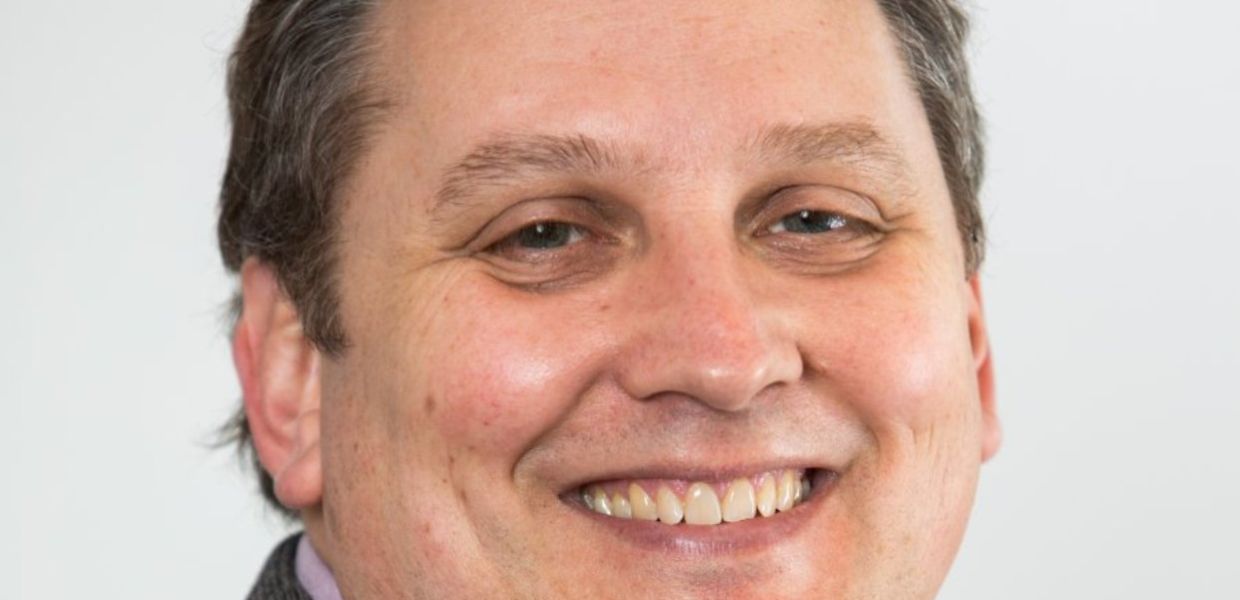Meet the Members Council: Marco de Niet
Hear directly from each of your elected Members Council representatives, and get to know them a little better.

- Title:
- Marco de Niet
- Creator:
- Leiden University Libraries
Today we re-introduce one of our Members Council representatives, who has just rejoined the Council.
Back to the beginning
My involvement with Europeana goes back to the very beginning of European collaboration among cultural heritage institutions on the web. As a staff member of the research department of the National Library of the Netherlands, I was involved in the creation of Gabriel, the shared web service of the National Libraries of Europe, which was launched in 1997.
Gabriel became The European Library, which laid the foundation for the European Digital Library, which ultimately became Europeana. In 1999 Gabriel hosted one of the first European digital heritage exhibitions: Treasures of the National Libraries of Europe. A kind of precursor to Europeana 280, you might say.

Screenshot of the Gabriel website
Through Gabriel I also got involved in collaboration among European museums and I was fascinated by the differences and similarities in digitisation practices. While libraries were beginning to think about mass digitisation, museums had already put thought into the marketing side of building digital services, for instance in relation to tourism.
DEN building
In 2006 I got the opportunity to start working for the Digital Heritage Netherlands Foundation (the Dutch abbreviation is DEN), of which I became the director in 2007. DEN is a government-funded organisation to support all cultural heritage institutions to help them improve their digital strategies and services. Working at DEN I constantly looked for opportunities to build cross-domain connections, especially among archives, libraries and museums, and promoted open standardisation in the process.
At DEN I also helped to shape the work on Digital Culturel Heritage Statistics in Europe, a.o. as core partner of the ENUMERATE project. After the project end, Europeana kindly offered to include the ENUMERATE Framework in Europeana DSI. While the Europeana Pro Dashboard shows the statistics of the 'inner world' of the Europeana service, the ENUMERATE surveys map the developments in all European countries and show Europeana’s potential for growth. And as ENUMERATE also addresses the use of digital heritage collections, we also collect valuable information for the Europeana Impact Framework.
New opportunities
Last year, after having worked at DEN for 11 years, I moved to Leiden University Libraries in September 2017, to become the Division Manager for Research and Educational services as well as Deputy Director there. In that capacity, I will try to continue building bridges between the physical and the digital library on the one hand, and between the digital heritage and the academic communities on the other, e.g. by further exploring the connections between open and licensed content and understanding the impact of open content in academic research.
With this background, I intend to contribute to two aspects of the work of Europeana as a re-elected member of the Members Council. Firstly, I would like to contribute to a better understanding of what cross-domain digital cooperation is all about. Galleries, archives, libraries and museums have different traditions and different ways of thinking about innovation and the potential of digital. Cross-domain cooperation is not just about bringing digital collections together, but also about understanding different views about creating and exploiting digital collections and services and connecting them. I can bring in the experience from an academic library which holds magnificent cultural heritage collections of all sorts to the table, and in return take the lessons from this European collaboration back to Leiden.
Secondly, I will stay involved in the work on impact assessment of digital cultural heritage as co-chair of the Europeana Impact Taskforce 2.0. What value do we create with our digital collections in general and with Europeana in particular? And how can we determine that we have made an impact on our different user groups? Now that we have published the Europeana Impact Playbook in 2017, we are working on better understanding the impact of digital cultural heritage by collecting real-life stories. If you have great examples that can help us to better understand the impact of digital heritage collections on society and that you would like to share with the Europeana network, I would be very happy to support your success stories from the perspective of the Europeana Members Council. #AllezCulture!
